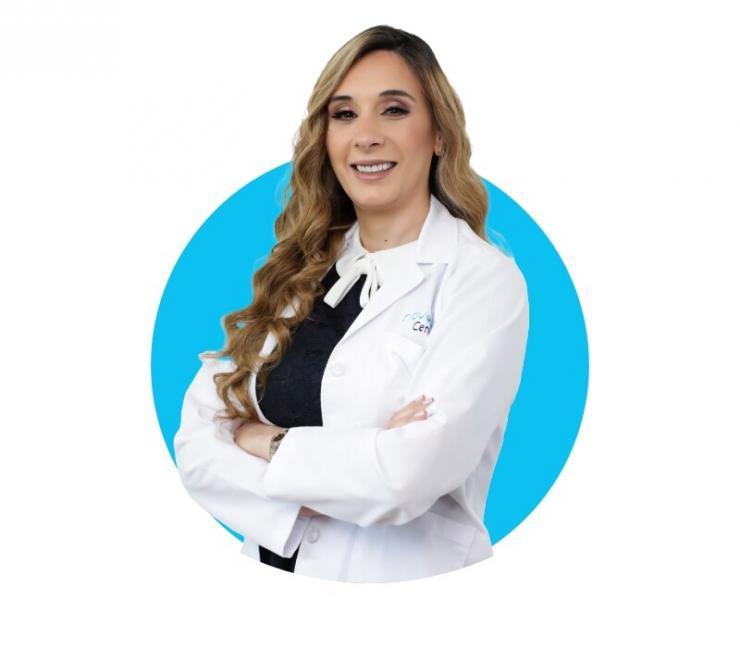Vaginal Yeast Infection Treatment in Dubai
Vaginal yeast infection, also known as vaginal candidiasis, is a common fungal infection that causes itchiness, swelling and irritation of the vagina and the tissues at the vaginal opening (vulva). Studies indicate that about 75% of women will have a vaginal yeast infection at least once in their lifetime.
The vagina contains a healthy and balanced number of bacteria and yeast, which help to eliminate harmful organisms in the vagina. However, when this balance is disturbed, a fungus called candida can grow in large numbers causing a yeast infection.
- Irritation, swelling, redness, and itching in the vagina
- Unusual thick odorless vaginal discharge
- Pain, especially during intercourse
- Burning sensation during urination
If these symptoms are left without treatment for long, they might cause severe complications and take longer to heal.
Vaginal yeast infection is caused by the candida fungus which multiplies out of control because of the imbalance of the bacterial flora and can cause the vaginal yeast infection. This outbreak of candida fungus can occur as a result of several risk factors, including:
- Hormonal changes during pregnancy, breastfeeding, or menopause
- Using antibiotics that eliminate the good bacteria that live in the vagina, which lead to the imbalance
- Uncontrolled diabetes
- Immune system disorders
- Stress and lack of sleep
- Poor diet
The diagnosis of vaginal yeast infection is usually based on the identification of its typical symptoms. Also, your doctor may perform some of the following tests:
- Pelvic examination. This involves direct visualization by inserting a speculum into the vagina to look for signs of infection.
- Vaginal secretions analysis. A sample of the vaginal fluid is sent to the laboratory to confirm the presence of the infection and to determine the type of fungi that cause the infection.
Treatments
Simple infections
For simple infections, the doctor will prescribe an antifungal cream, ointment, tablet or suppository to be used as a 1-to-3-day regimen. These medications can be in either a prescription or over the counter.
Common medications
Butoconazole (Ginazole)
Clotrimazole (Lotrimin)
Miconazole (Monistat)
Terconazole (Terazol)
Fluconazole (Diflucan)
Women with simple yeast infections should follow up with their doctors to make sure the medicine works, and will also need a follow-up visit if the symptoms return within two months
Complex infections
The doctor will most likely treat yeast infection as a severe or complicated condition in the following cases:
- If the patient has severe redness, swelling and itching that causes rupture of the vaginal tissues
- If the yeast infection reoccurs more than 4 times a year
- If the patient has a yeast infection caused by a different kind of fungus other than the candida albicans.
- If the patient has uncontrolled diabetes or a weak immune system
- If the patient is an HIV positive
Treatment for severe or complex yeast infection include:
- 14-day vaginal treatment cream, ointment, tablet, or vaginal suppository
- long-term prescription of fluconazole taken once a week for 6 weeks or long-term use of a topical antifungal medication
If the infection reoccurs, the patient may want to know if their sexual partner has a yeast infection and make sure to use protection methods.
To book an appointment or for more information about Vaginal Yeast Infection Treatment, call us toll-free on 800 (NOVO) 6686 or click the live chat icon at the bottom of the screen.






